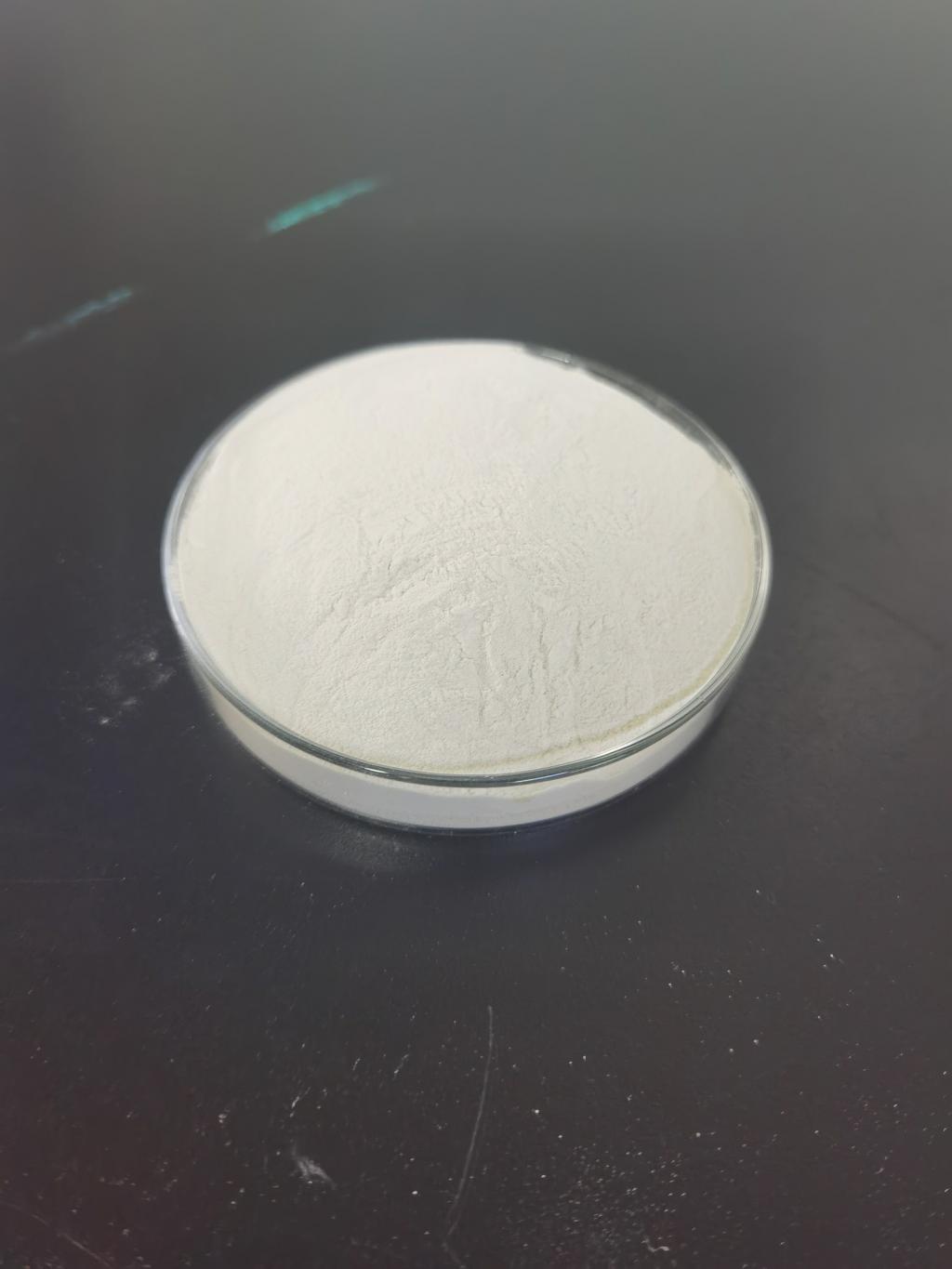Tel:+8618231198596

News
 CONTACT
CONTACT
 CONTACT
CONTACT
- Linkman:Linda Yao
- Tel: +8618231198596
- Email:linda.yao@dcpharma.cn
- Linkman:CHARLES.WANG
- Department:Overseas
- Tel: 0086 0311-85537378 0086 0311-85539701
News
Nisin’s potential in enhancing the safety of meat substitutes and plant-based proteins.
TIME:2024-09-20
Nisin: An Overview
Nisin is a polypeptide antibiotic with a molecular weight of approximately 3.5 kDa. It is characterized by its ability to inhibit a wide range of Gram-positive bacteria, including some spore-formers and foodborne pathogens such as Listeria monocytogenes and Clostridium botulinum. Approved by the FDA and widely used in the dairy industry, nisin's antimicrobial properties make it an attractive candidate for preserving the safety of novel protein-rich foods.
Mechanisms of Action
The effectiveness of nisin stems from its ability to bind to lipid II, an essential precursor in bacterial cell wall synthesis. By binding to lipid II, nisin disrupts the integrity of the bacterial cell membrane, leading to leakage of intracellular contents and ultimately cell death. This mode of action is particularly beneficial for preventing the growth of pathogenic and spoilage microorganisms in food products, thus extending shelf life and ensuring safety.
Application in Meat Substitutes and Plant-Based Proteins
Meat substitutes and plant-based proteins, while offering a sustainable and ethical alternative to conventional meats, can be susceptible to microbial contamination during processing and storage. The incorporation of nisin into these products can help address these concerns by:
Inhibiting Pathogens: Nisin can effectively reduce the risk of contamination by common foodborne pathogens, thereby safeguarding public health.
Extending Shelf Life: By controlling the growth of spoilage organisms, nisin contributes to maintaining the freshness and sensory attributes of meat alternatives over a longer period.
Reducing Chemical Preservatives: The use of nisin may allow for a reduction in the levels of chemical preservatives, appealing to consumers seeking more natural and clean-label products.
Challenges and Considerations
Despite its advantages, the application of nisin in meat substitutes and plant-based proteins is not without challenges. These include:
Stability: Nisin's activity can be influenced by pH, temperature, and the presence of other food components, which must be carefully managed.
Regulatory Approval: While nisin is generally recognized as safe (GRAS) in many countries, its approval for use in new food categories may require additional testing and regulatory scrutiny.
Consumer Perception: Educating consumers about the safety and benefits of nisin will be key to its acceptance in the marketplace.
Conclusion
The exploration of nisin as a natural preservative in meat substitutes and plant-based proteins holds significant promise for improving the safety and quality of these products. As the market for alternative proteins continues to expand, the integration of nisin could play a crucial role in addressing food safety concerns, meeting consumer demands, and promoting a more sustainable food system. Further research and development are needed to fully realize nisin's potential in this emerging sector, ensuring its effective and widespread adoption.
- Tel:+8618231198596
- Whatsapp:18231198596
- Chat With Skype







